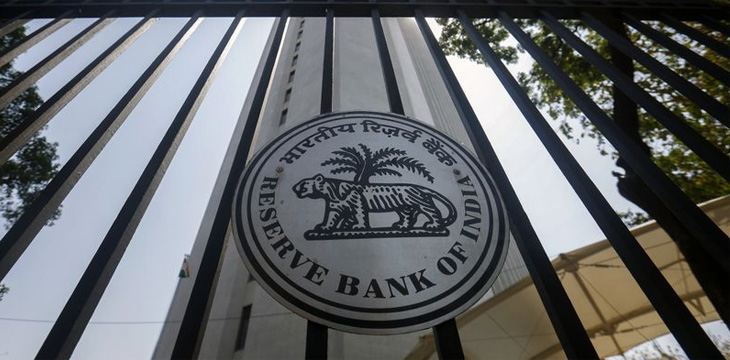|
Getting your Trinity Audio player ready...
|
But have they done their research this time?
At the Internet and Mobile Association of India (IAMAI) yesterday, July 11, India’s central bank, the Reserve Bank of India (RBI) has finally spoken up about its recent decisions regarding cryptocurrencies—which has garnered global attention after a number of local companies challenged them in court.
The RBI has previously issued an order banning banks from engaging with cryptocurrency-related activities, which would essentially kill off some start-ups. A hearing has been scheduled on July 20 to assess whether the order is unconstitutional, yet the Supreme Court refused to suspend the banking ban on July 5.
Despite AML and KYC procedures having been implemented by cryptocurrency exchanges and wallets in many parts of the world, the RBI has cited the same problems that are already being addressed by these regulatory mechanisms: anonymity being one of them.
“It has said that it wants to ring-fence gullible investors and lenders from scams, several of which have happened internationally,” a member of the IAMAI said of RBI’s responses, according to Quartz.
The RBI also cites investor protection as one of its concerns, along with “cryptocurrencies’ lack of intrinsic value,” a statement that can have any cryptocurrency enthusiast foaming at the mouth. Although this can be attributed to their lack of knowledge in the subject—they have recently admitted that they decided on the banking ban despite not conducting their research, and without establishing a committee to assess the “risks.”
“This is not entirely true,” a CEO of a virtual currency exchange who chose not to be named said. “For instance, in order to run certain computer programs, you can pay using ether. Moreover, as the market matures and more people and institutions start using it, there can be more use cases that can boost its intrinsic value.”
Praveen Kumar, chairman and CEO of Malaysian-based Belfrics which operates in India, says the RBI is taking the wrong approach in dealing with the issues.
“By limiting transactions via bank accounts and allowing more cash-related transactions, RBI is allowing more people to get duped,” Kumar said. “Instead, they need to regulate the exchanges and lay down guidelines that can help prevent these frauds.”
Almost a month since admitting to passing down an order without due research, IAMAI members maintain that the RBI remains obstinate. “Even earlier it had laid down similar reasons but refuses to look closely at ourrecommendations on how it can be addressed,” a cryptocurrency exchange CEO said.

 02-15-2026
02-15-2026 




